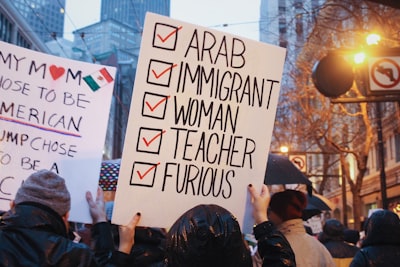Trump has put forth an Executive Order on Preventing Online Censorship. It’s seeking to empower federal regulators to strip social media companies’ authority to moderate speech. Corporations should not be able to selectively throttle the transfer of data across the Internet. In a similar fashion, we shouldn’t allow a limited number of online platforms to throttle the speech that Americans may access and convey on the internet — right?
The order states that when large, powerful social media companies censor opinions with which they disagree, they exercise a dangerous power. If Obama had said this, people would have agreed. When Trump says it — not so much. What the press has done, is to claim that Trump doesn’t cite any examples of censorship, but this is clearly untrue. In the order itself, Trump & co cite some of the most horrendous examples of Big Tech censoring information.
Trump mentions that Google created a search engine for the Chinese Communist Party (Project Dragonfly) that would have blacklisted searches for “human rights,” hid data unfavorable to the Chinese Communist Party, and tracked users determined appropriate for surveillance.
Since the 2010’s, with the increased concentration in the media space, the increased monopolization, the unrestrained acquisitions etc, the few players that now control the market are indeed the public square. Worse yet, they all have a vested interest in maintaining the status quo, and they are for the most part aligned in their stance on free speech.
Ever since 2010, the Big Tech players have all gone down the road of acting like a publisher, i.e. intervening in the words spoken on the platform. Meanwhile, they claim they are platforms, meaning they are not liable for the content they host. Well, you can’t have it both ways, and that’s what the original The Communications Decency Act from 1996 is getting at (specifically section 230C). The act gives websites broad legal immunity: namely it states that online platforms can’t be sued for something posted by a user. On the flip side, it’s supposed to make sure that companies in return for that protection were also behaving responsible in terms of policing their platforms.
Trump’s executive order is essentially geared towards enabling federal agencies to enforce it… and then some. What does this mean for bit tech moving forwards? Take a listen.
Supporters of taim.io.








